It’s only a few weeks until Budget day and the papers are filled with reports of the various revenue-raising measures being considered. After plans for a mansion tax were dampened down by government sources, ideas being mooted include cuts to pension tax relief and a fuel duty hike. Who the burden falls on will reveal a lot about which voters the Conservatives believe will win them an unprecedented fifth term in government.
Key to this is the level of appetite in No. 10 to please the North at the expense of the South. Some reports of proposed Budget measures – including a recurring property tax – have been a cause of uproar among traditional Tories. The recently-departed chancellor Sajid Javid was tied in by his fiscal rules that limit borrowing. His successor Rishi Sunak will review these, which could lead to more breathing space on spending.
But that doesn’t mean revenue-raising menus are off the menu. Both Johnson and Sunak are committed to the “level up” agenda. Their priority is to deliver on the manifesto and make sure the party’s new voters in the Midlands and North reap benefits southerners have enjoyed for years. As I say in the i paper, how radical the Budget will be will demonstrate how committed the Tories are to their new voters in the North. The question that Johnson and Sunak must answer is this: at what cost to the South should boosting the North be pursued?
The idea of a recurring property tax is a direct way of taking money from wealthy homeowners in the South and redistributing it. It’s also a measure that would be very unpopular with traditional Tory voters. But this raises the question: what does today’s —and more importantly—2024’s Tory voter look like? The view among senior figures in No. 10 is that this is a sea-change moment. The new voters the Tories won in December from Labour represent a changing demographic, and the party’s future. They ought to be prioritised above all else.
One of those involved in the pre-election modelling that aided the Tories’ targeting of Labour seats in the North believes there are over 40 more seats that could be won there. If you buy that analysis, there’s an argument that the Tories ought to accept losing seats such as Kensington if that is the price of adding to and consolidating their new base.
The challenge for Sunak is to try and find a third way which allows the party to deliver investment in the North without losing too many voters elsewhere. Such an approach could be found in free ports. Since Brexit, Sunak has been promoting the idea. He sees them as a Tory form of regional policy. They work not by the government funnelling money into a place, but reducing the tax and regulatory burden in specific places to try and boost economic activity there.
The extent to which voters in the South are forced to carry the burden in next month’s Budget will reveal where exactly the Tories plan to get the votes from to win a much-longed for fifth term in office.
Got something to add? Join the discussion and comment below.
Get 10 issues for just $10
Subscribe to The Spectator Australia today for the next 10 magazine issues, plus full online access, for just $10.


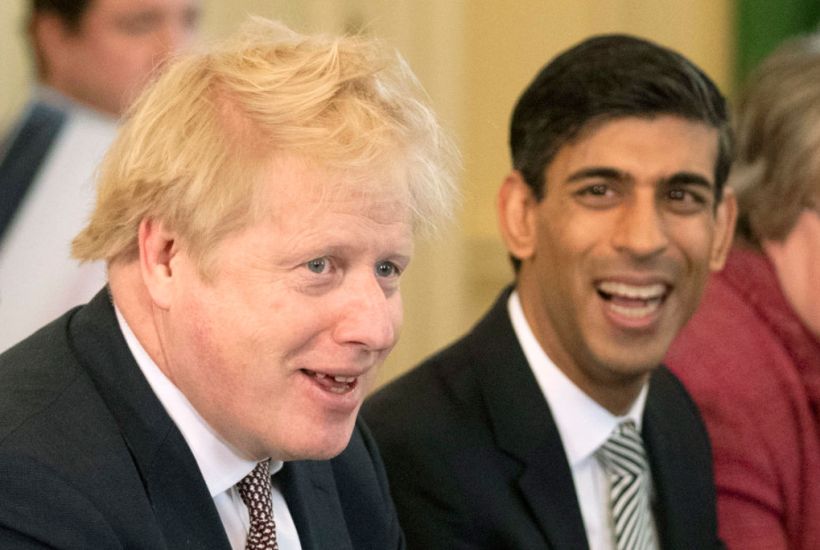
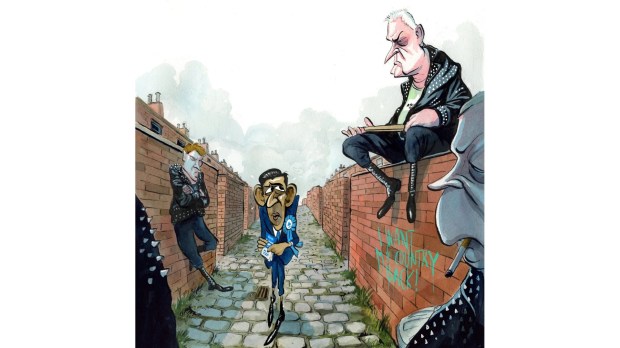
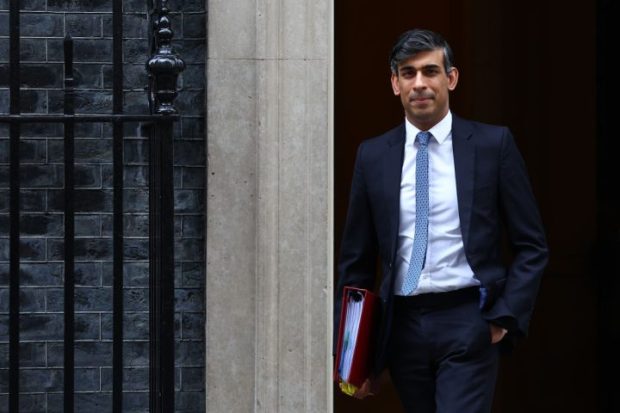
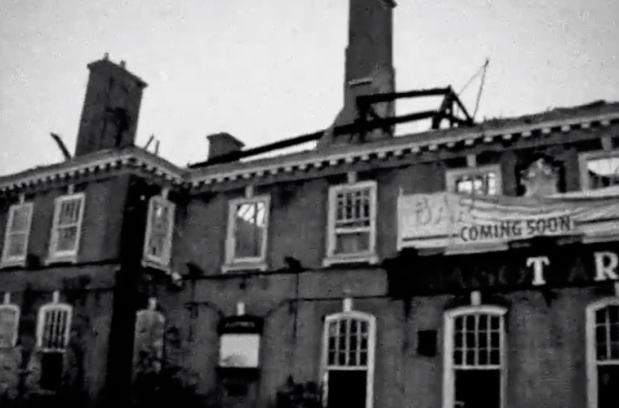
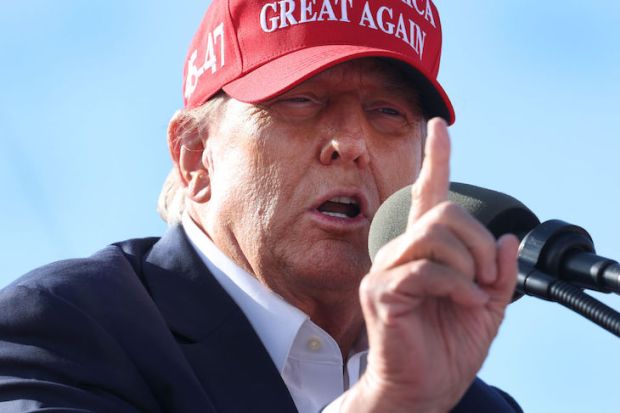
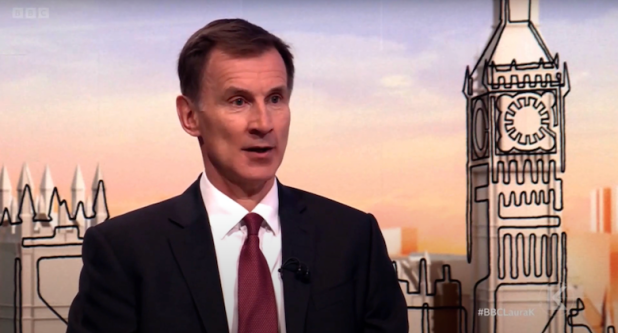
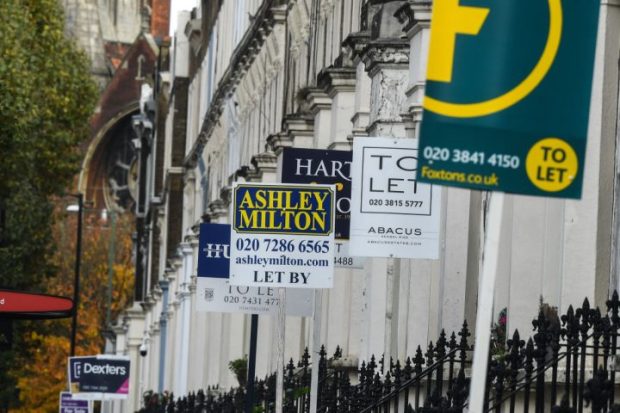












Comments
Don't miss out
Join the conversation with other Spectator Australia readers. Subscribe to leave a comment.
SUBSCRIBEAlready a subscriber? Log in